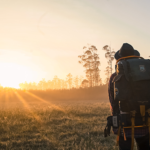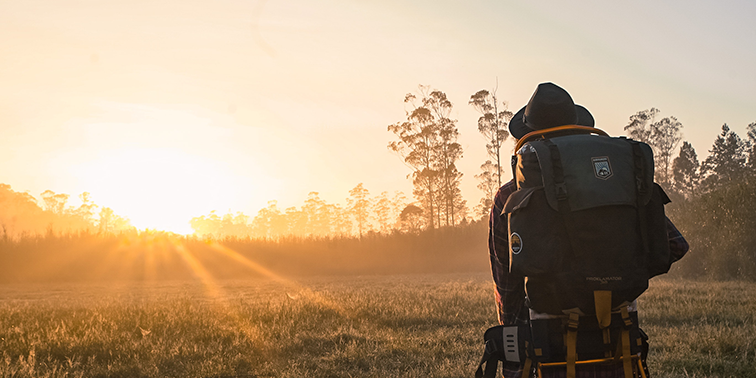
Mitigation of liability is one of the primary indicators that an outdoor recreation operator is safely insurable. With the unique and variable risks these concessionaires face, mitigation is an essential step toward preventing insurance claims and indicates a key characteristic that both the government and insurers require of these operators.
Climate Mitigation
Climate effects are some of the most unpredictable and devastating liabilities an outdoor recreation concessionaires. While things like wildfires, flooding, and drought are largely outside the organization’s control, to be insurable, agencies need to see extensive mitigation methods. The following are some of the best techniques a concessionaires should establish:
- Wildfire Mitigation. Clearing dead brush is a major way outdoor concessionaires can prevent or contain wildfires. There’s a rise in private fire companies as well as new foaming mechanisms to deter fire from reaching a specific property or area.
- Flood Protection. This protection is most necessary for marina’s or lake-based campsites or parks. It includes expanding the capacity of the drainage and waterways, establishing artificial structures to deter or redirect flooding, and nature-based solutions such as man-made marshes or mangroves. Proper usage policies, signage, and warnings also help prevent casualties.
- Pruning Dead Trees. Not only does pruning dead trees help mitigate the risk of a wildfire, but they prevent them from causes property damage or falling on visitors or workers. To decrease liability, make sure any dead tree that is in an accessible area is prevent from falling or breaking.
Worker Safety Mitigation
Employees are one of the biggest liabilities in any organization: because each employee is a unique and complicated person, there’s no way to account for every mistake an employee could make. However, the following worker safety mitigation techniques greatly reduce liabilities and make it more likely an insurer can offer a lower premium.
- Vetting. A thorough hiring process, including checking references and specific interview questions, can make sure an organization is only hiring the best employees that take safety of both themselves and visitors seriously.
- Training. Properly training your managers and workers, even if no safety concerns have arisen yet, is key to preventing problems from ever occurring. It’s a great idea to have an insurance representative give part of the training, as they know how to prevent the most common problems.
- Environment. Making sure your environment is safe, has proper signage and reminders, and promotes a respect for safety with consistent reminders is key to prevention. Make sure there are proper procedures in place and that they are easily accessible for employees to help remind them.
Mitigation through Technology
Technology is always progressing, and as such, it’s a great way to help ensure safety in the workplace and show insurers you’re taking every step possible. We encourage concessionaires to use third party vendors to increase safety methods, especially when it concerns company-owned or worker-accessed vehicles–one of the places we see the most claims.
To get additional insight on how outdoor recreation operators can mitigate risks, contact Interwest Insurance Services.


